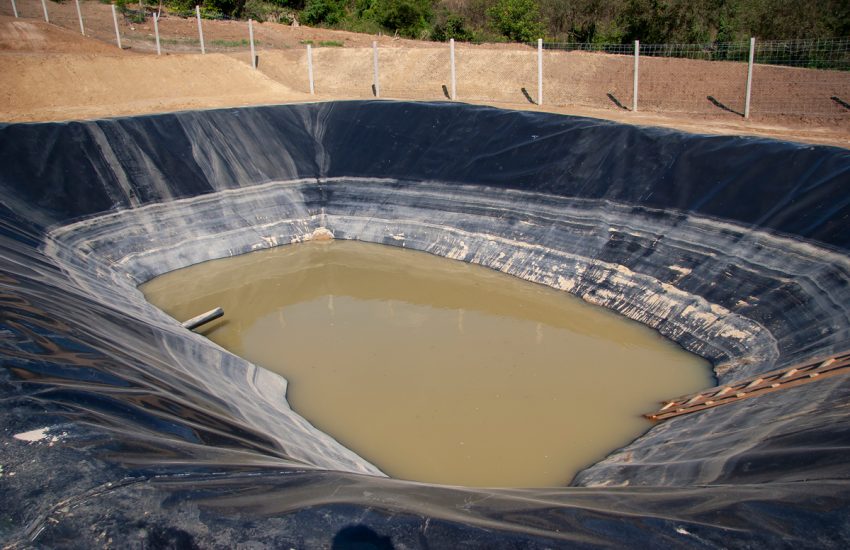Sustainability is the new black dress in the fashion world. As the need to address climate change becomes more urgent, it is no longer fashion forward, hip, or trendy to walk the red carpet in non-durable apparel/garments. Likewise, designers and textile manufacturers who neglect to embrace the paradigm shift toward making fashion a remedy for climate change will likely be left behind.
The fashion value chain is complex and threatening to the environment, with greenhouse gas emissions generated from the beginning to the end of …
Continue Reading









